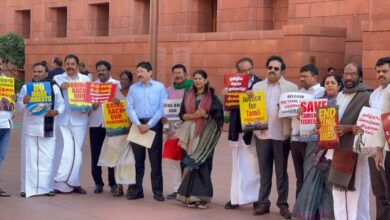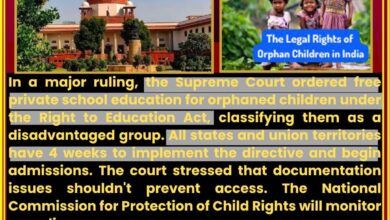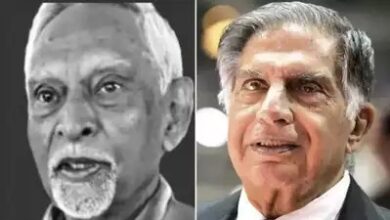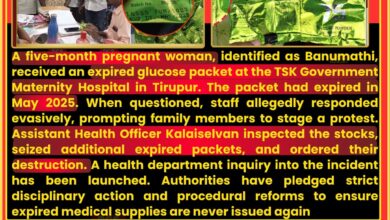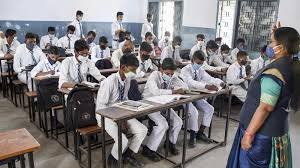
Amaravati, Andhra Pradesh (April 2025) – The Government of Andhra Pradesh has officially initiated a comprehensive revamp of its education system to align with the goals and vision of the National Education Policy (NEP) 2020. This transformative move is aimed at modernizing the curriculum, promoting multilingual education, and fostering critical thinking and creativity among students.
Key Focus: Holistic and Skill-Based Learning
The new system will emphasize experiential learning, vocational training, and flexibility in subject selection. From primary schools to higher education institutions, the reforms aim to equip students with 21st-century skills, including digital literacy, entrepreneurship, and problem-solving abilities.
Early Childhood Education Boosted
Under the NEP-aligned structure, the government has restructured the foundational learning phase (5+3+3+4) model. Special training programs for Anganwadi workers and early-grade teachers are being conducted to strengthen the base of learning in government schools.
Language and Technology Integration
To promote inclusive and regional learning, the state will adopt a multilingual approach, using mother tongue or regional language as the medium of instruction in early grades. Additionally, schools are being equipped with digital infrastructure, smart classrooms, and AI-based learning tools.
Higher Education Transformation
In higher education, multiple entry and exit options will now be available under a credit-based system. The state is encouraging institutions to evolve into multi-disciplinary universities, promoting research, innovation, and global collaborations.
Teacher Training and Assessment Reforms
Teacher capacity building is a major aspect of the reform, with ongoing workshops to familiarize educators with new pedagogical techniques. Student assessments will move away from rote learning and shift towards competency-based evaluations.
Government’s Commitment to NEP Goals
Chief Minister Y.S. Jagan Mohan Reddy emphasized that the reform is aimed at “creating a future-ready generation capable of leading India’s knowledge economy.” The move has been welcomed by educators, students, and policy experts.



